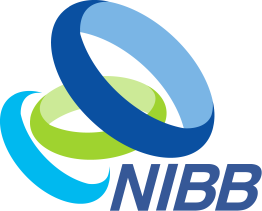
National Institute for Basic Biology

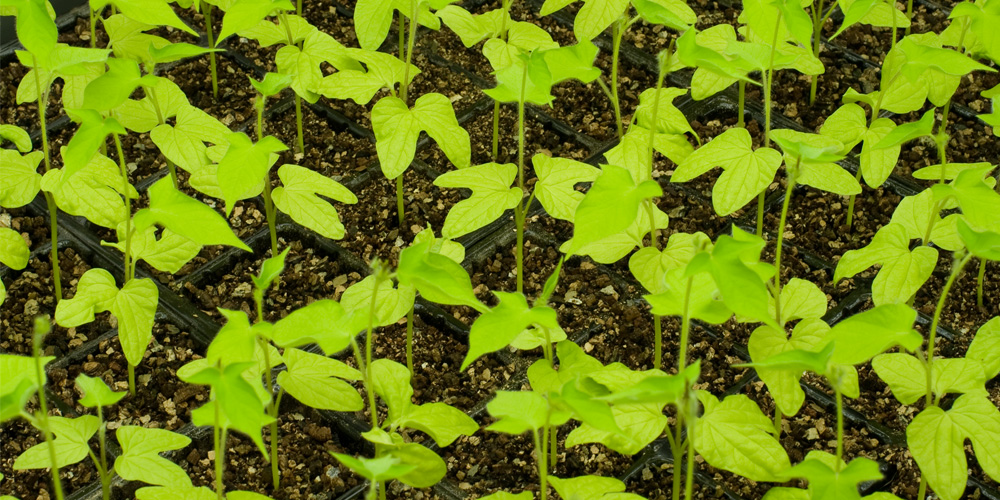
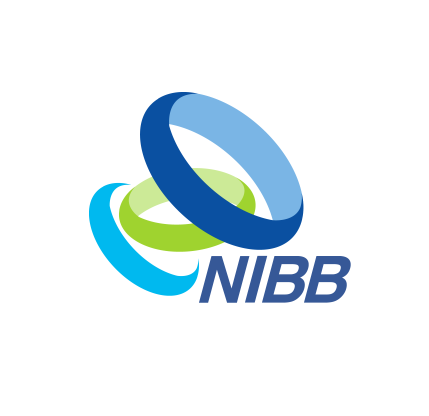

| Organizers | Shuji Shigenobu (NIBB) Annika Guse (Ludwig-Maximilians-Universität München, DE) |
|---|---|
| Venue | Okazaki Conference Center, Okazaki, Japan |
| Date | July 25 – 27, 2023 |
| Link | Official Website (https://meetings.embo.org/event/23-trans-scale-bio) |
| Poster |
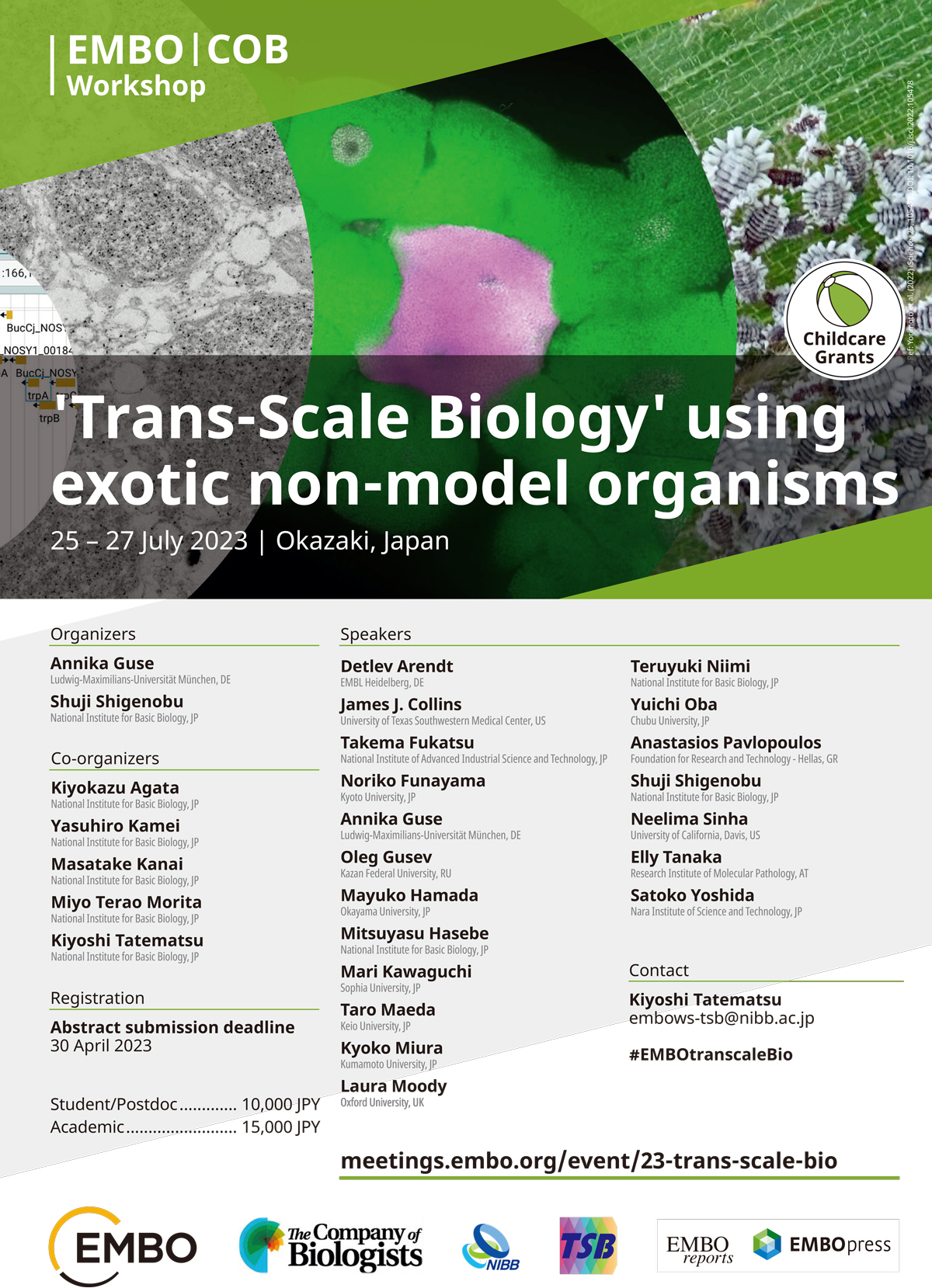
|
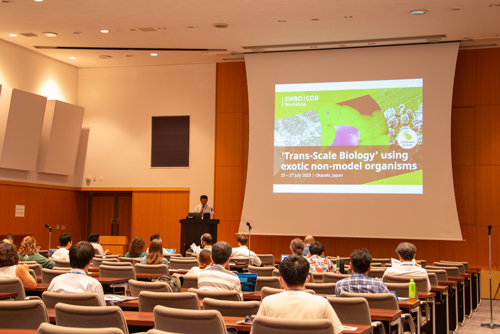
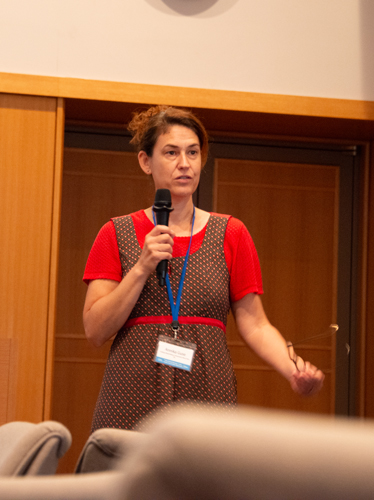
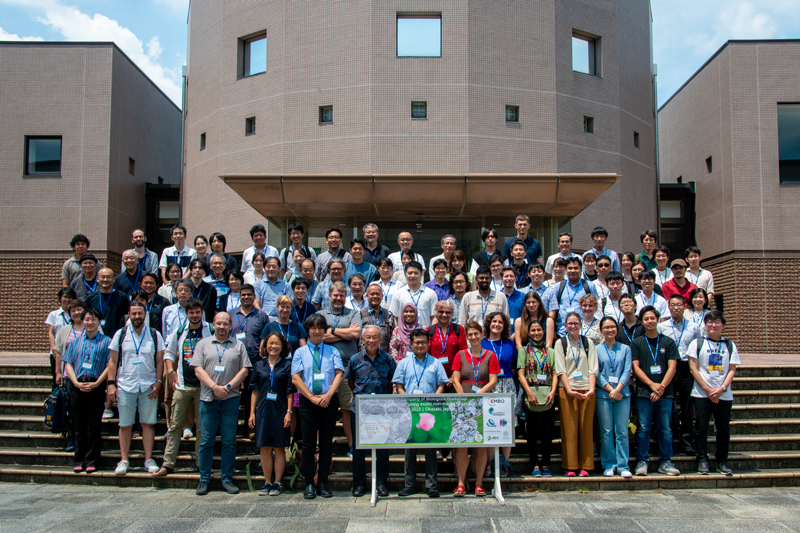
| Day 1 | 25 July 2023 | |
|
9:00
|
Registration
|
|
9:30-9:45
|
Opening Remarks
|
| Shuji Shigenobu (NIBB, JP) | |
|
Session: Emerging models of marine organisms
|
|
| Chair: Annika Guse (LMU Munchen, DE) | |
|
9:45-10:15
|
Morphogenesis in which cells act as construction workers to manipulate materials: Spiculous skeleton construction of sponges
|
| Noriko Funayama (Kyoto University, JP) | |
|
10:15-10:45
|
Kleptoplastic sea slug: Non-self chloroplast acquisition and absence of horizontal gene transfer
|
| Taro Maeda (Keio University, JP) | |
|
11:15-11:30
|
Single cell RNA sequencing gives clues for the developmental genetic basis of syngnathid’s edentulism
|
| Hope M. Healey (University of Oregon, US) (Poster #03) | |
|
10:45-11:15
|
Orphan gene expressed in flame cone cells uniquely found in seahorse epithelium
|
| Mari Kawaguchi (Sophia University, JP) | |
|
11:30-11:45
|
On the origin of appetite: GLWamide in jellyfish represents an ancestral satiety neuropeptide
|
| Vladimiros Thoma (Tohoku University, JP) (Poster #08) | |
|
11:45-13:00
|
Lunch with Poster Viewing
|
|
Session: Emerging models for regeneration and aging
|
|
| Chair: Kiyokazu Agata (NIBB, JP) | |
|
13:00-13:30
|
Axolotl as a molecular genetic system for studying regeneration
|
| Elly Tanaka (IMP, AT) | |
|
13:30-13:45
|
Tenascin-C-enriched regeneration-specific extracellular matrix guarantees superior muscle regeneration in Ambystoma mexicanum
|
| Ayaka Ohashi (Okayama University, JP) (Poster #14) | |
|
13:45-14:15
|
Sexual development in schistosomes
|
| James J. Collins (UT Southwestern Medical Center, US) | |
|
14:15-14:45
|
Resistance to aging and carcinogenesis in the naked mole-rat: Insights from the regulation of cellular senescence and cell death
|
| Kyoko Miura (Kumamoto University, JP) | |
|
14:45-15:00
|
Break
|
|
Session: New model plants
|
|
| Chair: Satoko Yoshida (NAIST, JP) and Takashi Goto (NIBB, JP) | |
|
15:00-15:30
|
Exploring biological questions by establishing new model plants: the moss Physcomitrium patens, the sensitive plant Mimosa pudica, the Venus flytrap Dionaea muscipula, the Albany pitcher plant Cephalotus follicularis, and the sundew Drosera rotundifolia
|
| Mitsuyasu Hasebe (NIBB, JP) | |
|
15:30-16:00
|
Genetic regulation of 3-dimensional growth in plants
|
| Laura Moody (Oxford University, UK) | |
|
16:00-16:30
|
Molecular basis for tomato resistance to the parasitic plant Cuscuta
|
| Neelima Sinha (UC Davis, US) | |
|
16:30-17:00
|
Molecular basis of the haustorium formation in the root parasitic plants in Orobanchaceae
|
| Satoko Yoshida (NAIST, JP) | |
|
17:00-17:15
|
Investigating the role of MADS-box protein binding In the evolution of seeds and flowers
|
| Derry Carr (The University of Birmingham, UK) (Poster #26) | |
|
17:15-17:30
|
Break
|
|
Poster Session (Odd numbers)
|
|
| Chair: Miyo T. Morita (NIBB, JP) | |
|
17:30-18:00
|
Poster Flash Talks
|
|
18:00-19:00
|
Poster Session
|
|
19:00-20:00
|
Dinner
|
| Day 2 | 26 July 2023 | |
|
9:00
|
Registraion
|
| Keynote | |
| Chair: Shuji Shigenobu (NIBB, JP) | |
|
9:30-10:30
|
Experimental evolution of insect-microbe mutualistic symbiosis
|
| Takema Fukatsu (AIST, JP) | |
|
10:30-10:45
|
Break
|
| Session: New symbiosis models | |
| Chair: Mayuko Hamada (Okayama University, JP) and Tomonari Nozaki (NIBB, JP) | |
|
10:45-11:15
|
Adaptation to the environment through symbiosis - a model systems' approach
|
| Annika Guse (LMU Munchen, DE) | |
|
11:15-11:45
|
Diversified photosymbiotic systems in animals: Insights from the symbiosis of green hydra
|
| Mayuko Hamada (Okayama University, JP) | |
|
11:45-12:15
|
Hologenomics of aphids: an integrative view of the insect and symbionts
|
| Shuji Shigenobu (NIBB, JP) | |
|
12:15-12:30
|
Group Photo
|
|
12:30-13:30
|
Lunch with Poster viewing
|
| Keynote | |
| Chair: Annika Guse (LMU Munchen, DE) | |
|
13:30-14:30
|
Bridging scales in micro- and macroevolution: the marine annelid Platynereis dumerilii
|
| Detlev Arendt (EMBL, DE) | |
|
14:30-14:45
|
Break
|
| Session: New technologies to develop emerging model organisms | |
| Chair: Shuji Shigenobu (NIBB, JP) | |
|
14:45-15:15
|
DIPA-CRISPR: Insect gene editing made easy
|
| Takaaki Daimon (Kyoto University, JP) | |
|
15:15-15:45
|
Two-photon holographic microscope and 3D fluorescence imaging
|
| Osamu Matoba (Kobe University, JP) | |
|
15:45-16:00
|
Stem cells lineage reconstruction in the adult planarian using single cell transcriptomics
|
| Sophie Peron (Oxford Brookes University, UK) (Poster #38) | |
|
16:00-16:15
|
Beyond cholesterol: de novo phytosterol synthesis In animals
|
| Dolma Michellod (MPI for Marine Microbiology, DE) (Poster #42) | |
|
16:15-16:30
|
Break
|
| Group Discussion | |
|
16:30-16:55
|
Theme 1:Omics
|
| Facilitator: Shuji Shigenobu (NIBB, JP) | |
|
Theme 2: Genome Editing
|
|
| Facilitator: Satoshi Ansai (Kyoto University, JP) and Taro Nakamura (NIBB, JP) | |
|
Theme 3: Bioimaging
|
|
| Facilitator: Annika Guse (LMU Munchen, DE) | |
|
16:55-17:05
|
Participants Reshuffling
|
|
17:05-17:30
|
Theme 1:Omics
|
| Facilitator: Shuji Shigenobu (NIBB, JP) | |
|
Theme 2: Genome Editing
|
|
| Facilitator: Satoshi Ansai (Kyoto University, JP) and Taro Nakamura (NIBB, JP) | |
|
Theme 3: Bioimaging
|
|
| Facilitator: Annika Guse (LMU Munchen, DE) | |
|
17:30-17:40
|
Break
|
| Poster Session (Even numbers) | |
| Chair: Miyo T. Morita (NIBB, JP) | |
|
17:40-18:10
|
Poster Flash Talks
|
|
18:10-19:10
|
Poster Session
|
|
19:10-20:00
|
Dinner
|
| Day 3 | 27 July 2023 | |
|
9:00
|
Registration
|
| Session: Emerging model arthropods | |
| Chair: Taro Nakamura (NIBB, JP) | |
|
9:30-10:00
|
Exploring the genetic basis of horn development of the Japanese rhinoceros beetle, Trypoxylus dichotomus
|
| Teruyuki Niimi (NIBB, JP) | |
|
10:00-10:15
|
A multi-partner symbiotic system in the eusocial aphid Ceratovacuna japonica
|
| Shunta Yorimoto (NIBB, JP) (Poster #32) | |
|
10:15-10:45
|
Parhyale hawaiensis: a crustacean model for epithelial morphogenesis, limb development and wood digestion
|
| Anastasios Pavlopoulos (FORTH, GR) | |
|
10:45-11:00
|
Break
|
|
11:00-11:15
|
A 5' UTR-overlapping lncRNA controls environmental sex determination in the freshwater crustacean Daphnia magna
|
| Yasuhiko Kato (Osaka University, JP) (Poster #47) | |
|
11:15-11:45
|
Heike firefly sheds the light on the evolution of bioluminescent properties
|
| Yuichi Oba (Chubu University, JP) | |
|
11:45-12:15
|
X-midge: origin and mechanisms of anhydrobiosis at the single-cell level.
|
| Oleg Gusev (Juntendo University, JP / Kazan Federal University, RU) | |
|
12:15-12:25
|
Closing Remarks
|
| Annika Guse (LMU Munchen, DE) | |
| Excursion (Short trip to Japanese historical sites in Okazaki City) | |
|
Afternoon
|
Excursion
|